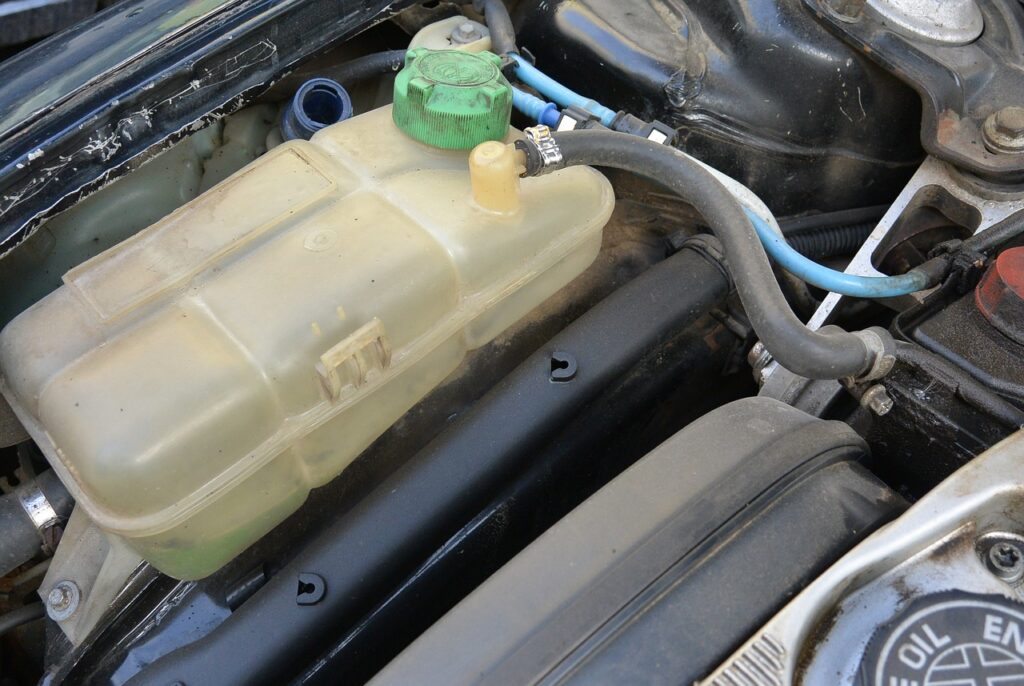No products in the cart.

The Role of Fossil Fuels in the Manufacturing of Electric Cars and Plastics
Natural gas is a versatile and valuable energy source that is used in a variety of applications. In addition to being used as a fuel for heating and electricity generation, natural gas is also used in the production of a wide range of products, including plastics, chemicals, and fertilizers.
One of the most important uses of natural gas is as a feedstock for the production of plastics. The petrochemical industry uses natural gas to produce a variety of plastics, including polyethylene, polypropylene, and PVC. These plastics are used in a wide range of applications, from packaging to building materials to medical devices.

Another important use of natural gas is in the production of fertilizers. Natural gas is used to produce ammonia, which is a key ingredient in fertilizers. Without natural gas, it would be difficult to produce the large quantities of fertilizers needed to feed the world’s growing population.
Fossil Fuels and Electric Cars
Many people think that electric vehicles are completely free of fossil fuels, but the truth is that even these vehicles require the use of petroleum or natural gas. This may come as a surprise, but it’s important to understand the full picture of how electric vehicles are made and operated.
First, let’s look at the production of electric vehicles. While the cars themselves may not require petroleum or natural gas during operation, the production process certainly does. The manufacturing process for electric vehicles involves the production of steel, aluminum, and other metals, all of which require large amounts of energy and resources. The energy used to power these production processes typically comes from fossil fuels, either directly or indirectly. In addition, the production of the batteries used in electric vehicles requires the mining of metals such as lithium, cobalt, and nickel, all of which have their own environmental impacts and require significant amounts of energy.
But it’s not just the production of electric vehicles that requires fossil fuels. Even after the cars are built, they still rely on petroleum or natural gas in a number of ways. For example, the electricity used to charge electric vehicles often comes from power plants that burn coal or natural gas. While there are certainly efforts to increase the amount of renewable energy used in the electricity grid, it’s important to recognize that the majority of our energy still comes from fossil fuels. In addition, the infrastructure used to support electric vehicles, such as charging stations and the manufacturing of electric vehicle components, also requires energy and resources that often come from fossil fuels.
In addition to the production of electric vehicles and the electricity used to power them, many other aspects of the automotive industry also rely on petroleum and natural gas. For example, the lubricants used in the joints and bearings of electric vehicles often contain petroleum-based oils. These lubricants are necessary to reduce friction and wear in the moving parts of the vehicle.
Other Petroleum-Derived Products Used In Electric Vehicles
In addition to lubricants, many of the fluids used in electric vehicles, such as brake fluid and coolant, are also derived from petroleum or natural gas. While these fluids are typically recycled and disposed of responsibly, it’s important to recognize that they still have an environmental impact during their production and use.
And of course, we can’t forget about the production of tires. While some efforts have been made to develop more sustainable tire materials, the majority of tires are still made from synthetic rubber, which is derived from petroleum. The production of tires requires significant amounts of energy and resources, and the disposal of used tires can also have negative environmental impacts.
Overall, it’s clear that the automotive industry as a whole relies heavily on petroleum and natural gas, not just in the production and operation of vehicles, but in many other aspects as well. While efforts are being made to develop more sustainable materials and processes, it’s important to recognize that we still have a long way to go before we can truly move away from our reliance on fossil fuels.

Despite the many benefits of natural gas and oil, there is often a negative perception of these resources. Many people are against oil and gas drilling due to concerns about environmental damage and climate change. However, it’s important to recognize that without oil and gas, many of the products and technologies that we rely on today would not exist.

For example, the device you’re reading this article on was likely made using plastics and other materials that were produced using oil and gas. The transportation of goods and people, which is essential for modern life, also relies heavily on oil and gas. As mentioned above, many medical products, including medications and medical devices, are made using petrochemicals derived from oil and gas.
Of course, it’s important to minimize the environmental impact of oil and gas extraction and production. This can be done through the use of modern technologies and practices that reduce emissions and improve efficiency. But it’s also important to recognize the many benefits of these resources and to encourage responsible development and use.
